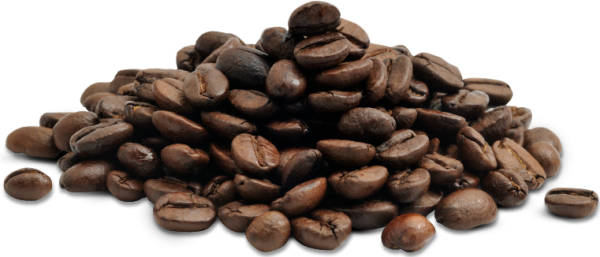So another scientist has weighed into the debate over the health effects of coffee. Dr. Esther Lopez-Garcia of Autonoma University in Madrid, Spain, has found that “long-term, regular coffee consumption does not increase the risk of death and probably has several beneficial effects on health.”
(Is it not ironic that universities are places where professors drink lots of coffee in order to form coherent sentences during early morning classes while students drink even more of the stuff just to be able to discern whether the prof is being coherent or not?)
Now wasn’t there another researcher a couple of years back who said that more than two to three cups of coffee a day would lead to all kinds of health problems? It’s hard to keep track of all the contradictory health studies being released these days onto a jaded public without a detailed score card. Every couple of months there is another study which contradicts the ‘stupendous findings’ of the last study on that subject, which itself supplanted the one previous to that.
Well, part of that is OK. After all, changes in our knowledge base in the medical sciences happens all the time, with newer findings replacing older, and less correct conclusions. This evolution of the state of science is where the original use of the term “paradigm shift” came from.
But it just gets a bit tiresome to live through yet another of the revolving door science that is the “good for you vs. bad for you” information about the foods we eat.
Take, for instance, the duelling banjos of health reports, the benefits of red wine. One month, a researcher will announce that one glass of red wine with dinner each day helps decrease the incidence of heart disease. The next month, another researcher will claim that even a single glass is bad for you.
Or there is the media circus surrounding the individual who has just been named the oldest person in the world, an honour bestowed upon them by the death of the previous title holder. A reporter, usually someone near the bottom of the television talent totem pole, asks the same tired question that is almost as old as the interviewee. To wit, “What’s your secret to long life?”
One senior citizen will answer that their secret is total abstinence from tobacco, alcohol, and caffeine for their entire life. Once they pass on, another unimaginative reporter will ask the new oldest citizen their secret which, as it turns out, consists of a daily cigarette with their morning coffee and a good glass of scotch every night.
How bad has our society’s obsession with the health effects of food? Spend a day preparing a lovely four course meal and invite over a half-dozen registered dieticians. I guarantee that dinner that night will consist of the five of you sitting in the candle-lit gloom, eating unadorned, organically grown celery. And hating every minute of it.
If humans weren’t meant to have a palate for good food, we would have evolved a better set of molar teeth and four stomachs so that we could spend our days like cattle, eating grass during the morning and spending the rest of the day chewing our cud.
Yes, food is required to ensure our survival, but it has also become a social activity to be enjoyed. Are you feeling blue and depressed? Forget the drugs, or the pills, or the vodka; instead, hit the grocery store. Get a grocery cart, stop by the café (if the store has one) and prepare to spend some time wandering the aisles. Grab whatever strikes your fancy. Plan your next three meals as you go. Buy something new that you’ve never tasted before.
Grab any complimentary recipe card that you find sticking out of a display and use it to freelance your dinner. Grab a box of something with foreign words all over it, ask the store clerk what it is and the buy something you think might go good with it.
Just stay away from the obvious crap food, like chips, soda pop and anything that can be turned from frozen hockey puck to steaming dinner in a microwave in less than two minutes.
Go home, dig around for a sharp knife, crack open a cookbook and go nuts.
And most of all, banish the dieticians and researchers and health professionals from both your mind and your dinner table.
Food is one of the truly great joys in life. Make it your friend and you will always have a source of pleasure available to you.
And next time one of these breaking news stories about the benefits or dangers of another food stuff blares out of the TV at you, hit the mute button, check out the kitchen cupboards and see if perhaps it’s not time for another meandering trip through the grocery store.
